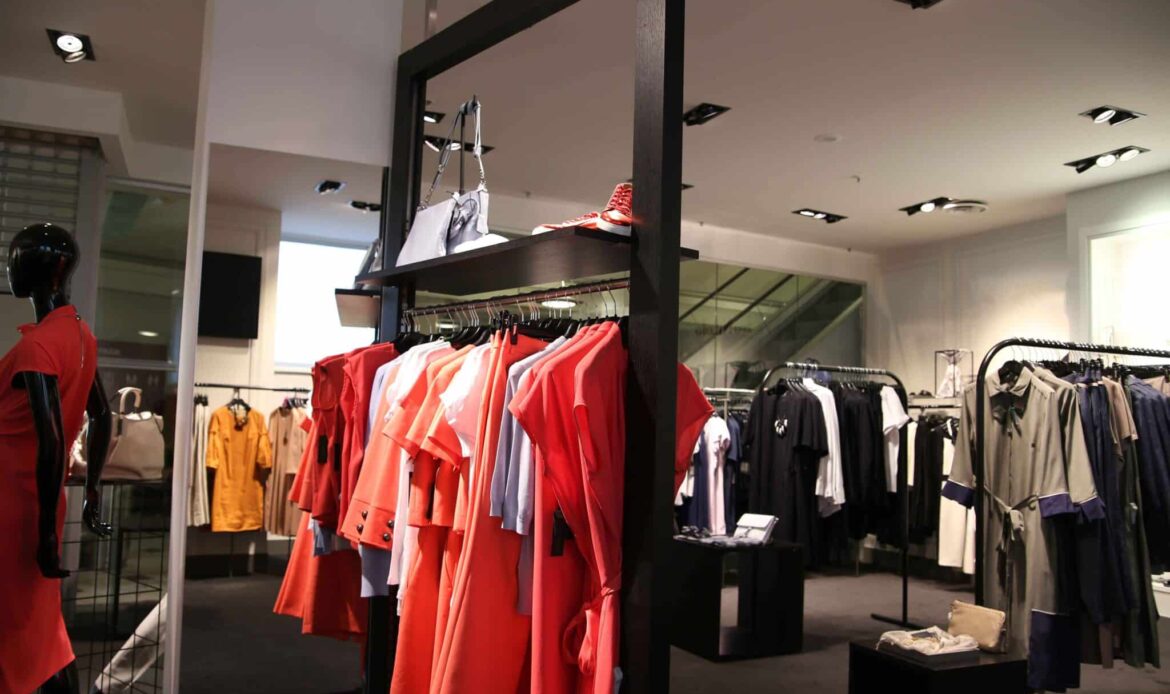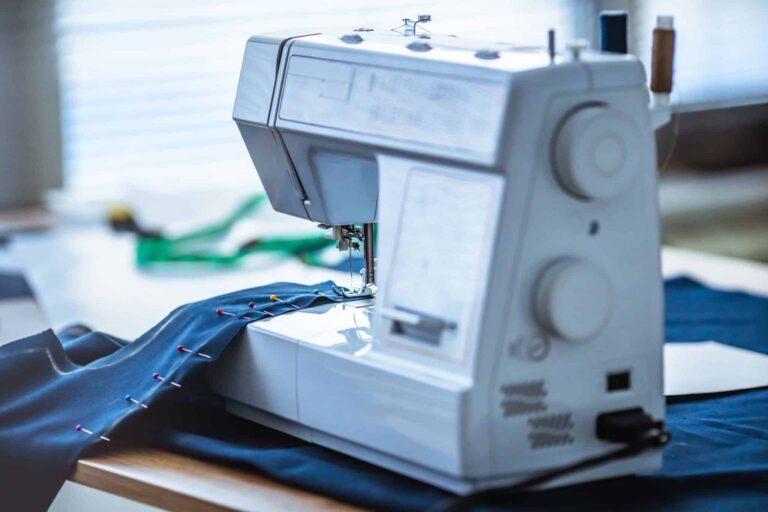Fashion retailers face an increasingly challenging regulatory environment, coupled with the influence of customer expectations on their brand equity. This combination of factors requires retailers to stay up to date with the latest regulations and customer demands in order to protect and maintain their reputation and brand recognition.Compliance Management, hence becomes an essential function for fashion retailers to maintain their competitive advantage.
Compliance Cart brings out the key social and ethical compliance requirements that fashion retailers must meet in order to provide their customers with safe, quality products. In this blog, we will discuss the main social and ethical compliance requirements that fashion retailers must meet.
Labor Standards
Retailers in fashion must ensure that the individuals producing their products are treated equitably and given a wage consistent with local and international labor laws, including the minimum wage, laws forbidding child labor, and regulations related to working hours and conditions. It is mandated that Retailers comply with industry-specific codes such as the Fair Labor Association’s Code of Conduct. Not only must Retailers observe these standards, but so should their vendors and suppliers. Therefore, it is suggested that Retailers should conduct regular compliance audits across their supplier network to ensure adherence.
Environmental Standards
Fashion retailers are required to take responsibility to help minimize the environmental impact of their products, by reducing the use of hazardous chemicals, promoting sustainable materials and practices, and reducing waste. They are expected to be open and transparent about their environmental policies and expectations for their suppliers to improve their environmental performance. Relevant laws and regulations should be followed, including those related to environmental protection, use of hazardous chemicals, waste management, and energy efficiency. Taking these steps will ensure that fashion retailers are doing their part to protect the environment.
Human Rights
It is a compliance and ethical requirement that all products must be sourced and produced in an ethical way, which includes respect for the human rights of workers. Workers must have access to safe working conditions, must not be forced to work against their will or discriminated against. Retailers should also be aware of the potential human rights impacts on communities affected by their products, for instance cotton cultivation and use of it with forced labor in Uzbekistan.
Humane Treatment of Animal
Ensuring humane treatment of animals throughout the production of their products is their responsibility. To avoid animal cruelty, they should opt for materials such as synthetic leather or faux fur. Furthermore, as a compliance requirement, they must actively manage and be transparent about their animal welfare policies with their suppliers.
Transparency
Fashion retailers can lead the way in ethical business practices by being transparent about their social and ethical policies and practices. They can publish information about the source of the material used, the manufacturing and production environment, workers and working conditions of their suppliers. It would help Retailers to be transparent about any issues they encounter and what they are doing to address them in a timely and effective manner.
Product Safety Standard
It is not only a moral responsibility but a compliance requirement that all products must be safe for use by the consumer. Product safety laws including laws related to labeling and packaging, must be carefully monitored and adhered to.
Customs and Import Regulations
SInce logistics, movement of goods across domestic and international borders is an integral part of Retail process, Retailers must be aware of and comply with laws and regulations related to customs and imports, tariffs, duties, and taxes. Laws and regulations related to the importation of specific products, such as textiles and footwear, can be very complex and stringent, which Retailers must be in compliance with.
Legal and Ethical Standards
Retailers also have to comply with laws and regulations related to legal and ethical standards, such as laws related to anti-corruption, anti-bribery, and anti-money laundering. Retailers should also be aware of ethical issues related to their products, such as the use of conflict minerals.
Conclusion
In conclusion, fashion retailers have a responsibility to ensure that their products are produced in a socially and ethically responsible manner. This includes complying with labor standards, environmental standards, human rights, animal welfare, and transparency. Retailers should be transparent about their policies and practices, and should work to improve their performance in these areas. By doing so, retailers can ensure that their products are produced in a way that is good for workers, communities, animals, and the environment.
Compliance Cart is a smart compliance management solution that enables compliance management across vendor, supplier and all business partner network on a single collaborative platform. With Compliance Cart you can monitor compliance requirements and status in real-time and communicate with your vendors and suppliers across the supply chain in a secure protected environment.











